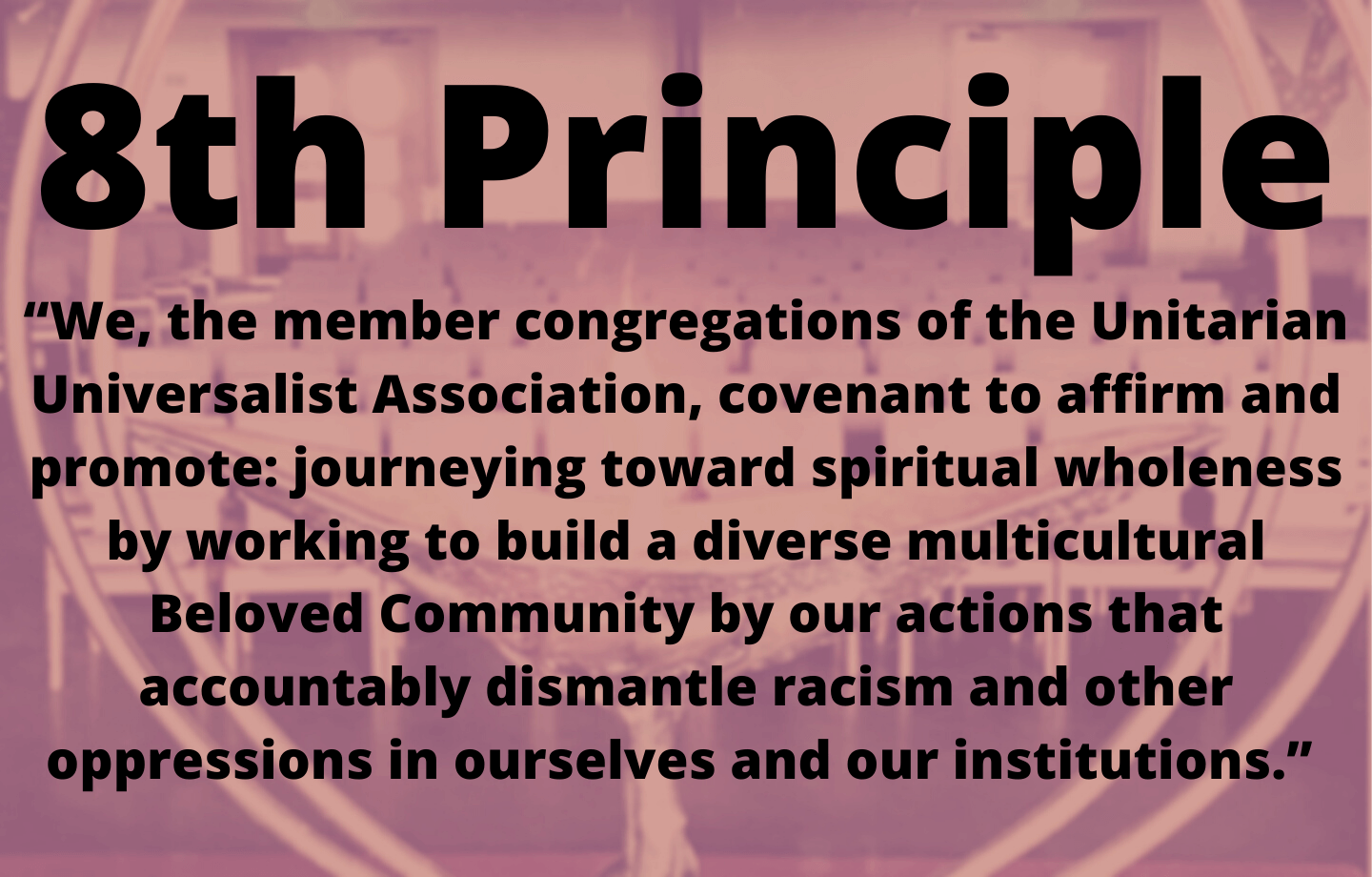by Ryam Hill
My first memory of racial injustice was on TV in 1963. I was 9 years old and couldn’t believe what I was seeing. People who looked (to me) just like my parents and classmates were being shot with fire hoses and charged with growling dogs in the streets of their town as they demonstrated for the right to vote. I was horrified and frightened. I had never seen people treated so harshly and by men in uniforms of the police who I was taught represented the law. I was completely sickened and enraged at the obvious injustice and hatred.
Raised Roman Catholic, aside from the mythology and dogma, the values of mercy I was taught were fundamental, eternal, and essential to me to this day. We are all responsible to care for each other and treat each other with respect. We are to feed and clothe the needy, as well as take care of the sick. And as to race, the Catholic Church taught all of humanity is equal, as all of humanity was created in the image and likeness of God. No one race is above or superior to another.
So, way back then, I knew in my heart and soul that what I saw on TV was injustice and no people should ever be treated this way. I didn’t need to study anything more or hear statistics or have it phrased optimally. I knew it was wrong and needed to be fought against.
My own grandparents were immigrants and poor. Little to no education. Could not speak English well. My parents were bilingual and subjected to lots of discrimination, as more recent immigrant groups tend to be. My social studies classes directly told us each wave of immigrants started at the bottom with the crap jobs and crap houses. If they worked really hard and the right god loved them, that group would slowly move upward, and the next wave of “others” would come in and replace them at the bottom.
This was seen as a wonderful opportunity and an example of the American Dream. Know your place, accumulate wealth and maybe someday you can look down on others. The issues of how native people who already lived here or how people who were enslaved and brought to the USA were to fit into this dream of upward mobility were not addressed in my texts. But this did not sound like a fair system or wonderful dream to me.
I learned about Unitarianism from my uncle. He was a union president and a social activist. He walked next to Cesar Chavez with the farm workers striking in California and I was inspired by him. He was also the first Unitarian and declared atheist I ever met and his standing up for human rights was the reason I ever thought about Unitarianism as a choice for myself.
Just treatment for all is a key value for me and why I chose to be politically active all my life. Many decades have passed since I watched people fight for their rights to vote on tv as a child, and I had hoped for more progress and more justice. At this point in my life, I have little time or patience left.
Dismantling racism and oppression in ourselves and our institutions–these are not new concepts or new values. At East Shore in the past few years, we have had the luxury of many teachers and book discussions to broaden our awareness of the realities of the world we live in, even if we ourselves do not personally face injustice. We have the opportunity to publicly declare our values and align with other churches who are covenanting to these values.
We are not uneducated, but willfully ignorant, heartless, and soulless if at this point in history we cannot choose to embrace a simple covenant to hold ourselves accountable to uphold racial justice and stop systemic oppression. If we don’t stand for this, what do we stand for?

